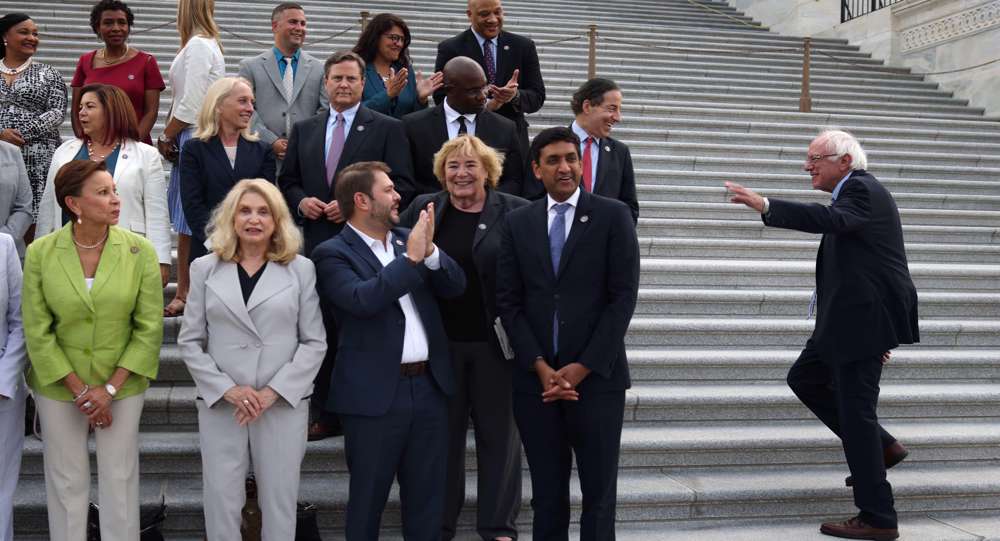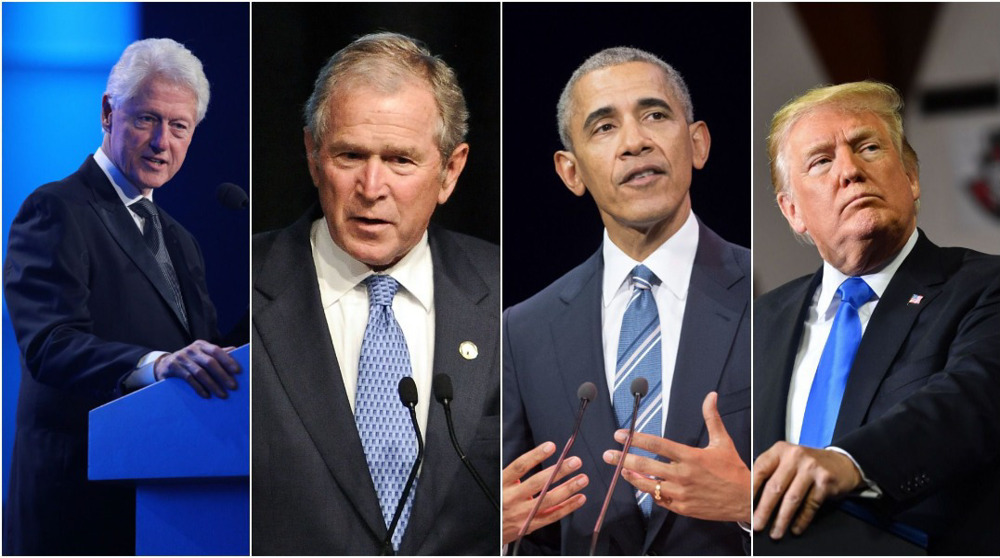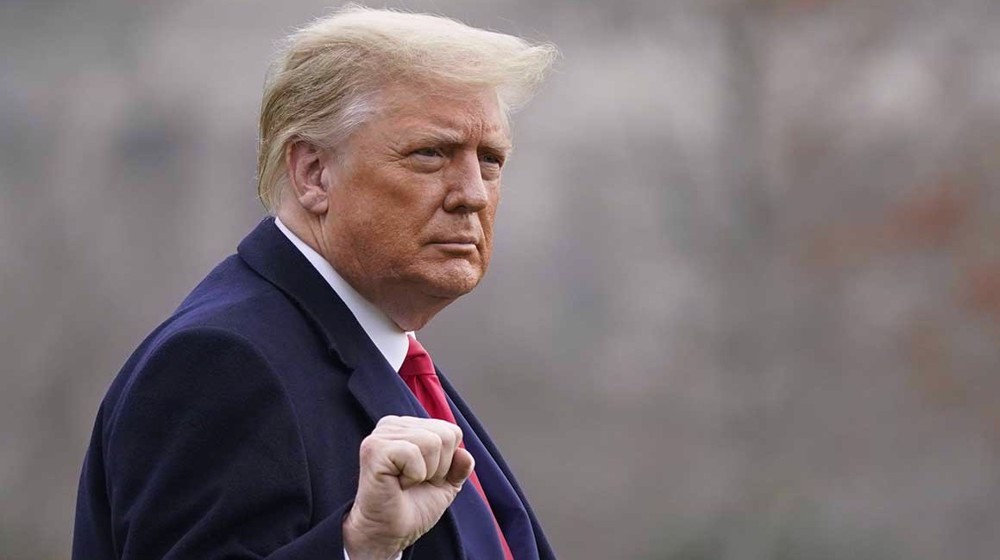US lawmakers introduce new bill extending Congress’s war powers
Lawmakers in the US Congress have introduced an unprecedented bill that will increase the legislature's control in security matters including war authorization, arms exports and national emergencies.
The proponents of the bill claim the new legislation will give Congress the power to be up to par with the president of the United States.
“The founders envisioned a balance of power between the executive and legislative branches of government on national security matters," said Sen. Chris Murphy (D-Conn.), who introduced the bill on Tuesday alongside Sens. Mike Lee (R-Utah) and Bernie Sanders (I-Vt.).
Murphy, Lee, Sanders, who hail from different parties, are recognized as the main proponents of what they believe is regaining the legislative branch’s rightful position of power in the United States government.
"Congress needs to reclaim its rightful role as co-equal branch on matters of war and national security,” the senior member of the Foreign Relations Committee pointed out.
The trilateral "National Security Powers Act will make sure that there is a full, open and public debate on all major national security decisions,” Murphy insisted.
The new legislation adds requirements for presidential authorization to launch military action and requires the president to end hostilities if Congress votes against it. The new law, if approved, would effectively give the Congress lawmakers, who are notoriously under the influence of the US military-industrial complex, added clout in regard to weapons contracts and US arms sales and deals with foreign entities.
Former US President Dwight D. Eisenhower popularized the phrase military-industrial complex, which is sometimes used in its extended form as the military–industrial–congressional complex (a.k.a. Iron Triangle) to warn the American public against the influential role that the US Congress played in the propagation of the military industry through its close links with defense contractors and the Pentagon.
Observers say the new bill, which is putting Congress on near-equal footing with the commander-in-chief in driving US foreign policy, would clear the path for lawmakers to outright reverse the president’s future foreign-policy decisions in real-time.
Leader: Iran has no proxy forces in West Asia
US fighter aircraft shot down ‘in friendly fire’ amid aggression on Yemen
Yemeni FM: Israel’s sponsors accountable for ongoing aggression on Sana’a
Eight Palestinians killed as Israel attacks Gaza school, hospitals
VIDEO | Rome, Milan host new protests in solidarity with Palestinians
Dec. 21: ‘Axis of Resistance’ operations against Israeli occupation
Spain jurists demand ties with Israel ties be cut
VIDEO | Press TV's news headlines















 This makes it easy to access the Press TV website
This makes it easy to access the Press TV website